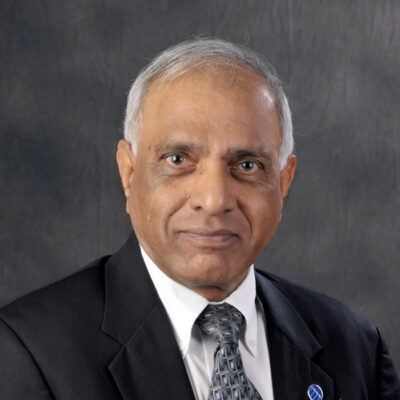Contact
Biography
Junuthula Reddy’s research focuses on developing theories and computational models that others can use to extend and advance their own research. Known as the Reddy layerwise theory and the Reddy third-order plate theory, the models he developed have been included in Abaqus, a software that is used in the creation of virtually every structure, including automobiles, aircrafts and even medical prosthetics. He is known worldwide for his significant contributions to the field of applied mechanics through the authorship of widely used textbooks on the linear and nonlinear finite element analysis, variational methods, composite materials and structures, applied functional analysis and continuum mechanics. His pioneering works on the development of shear deformation theories (that bear his name in the literature as the Reddy third-order plate theory and the Reddy layerwise theory) have had a major impact and have led to new research developments and applications. In recent years, Reddy's research deals with 7- and 12-parameter shell theories, nonlocal and non-classical continuum mechanics problems, and problems involving couple stresses (i.e., the development of nonlocal beam and plate theories using the ideas of Eringen, Mindlin, Koiter and others), surface stress effects, discrete fracture and flow, micropolar cohesive damage and continuum plasticity of metals from considerations of non-equilibrium thermodynamics - as they appear in blood flow, bones, and materials with hard inclusions and phases. He is a highly cited researcher, author of 20 textbooks and over 550 journal papers, and a leader in the applied mechanics field for more than 40 years. Reddy is the Oscar S. Wyatt, Jr., Chair, Regents Professor and Distinguished Professor in the Department of Mechanical Engineering at Texas A&M University. He has been a member of Texas A&M faculty since 1992. He earned a BE in mechanical engineering from Osmania University, India, an MS in mechanical engineering from Oklahoma State University and a Ph.D. in engineering mechanics from the University of Alabama in Huntsville. He also was a postdoctoral fellow at the Texas Institute for Computational Mechanics, University of Texas at Austin.
